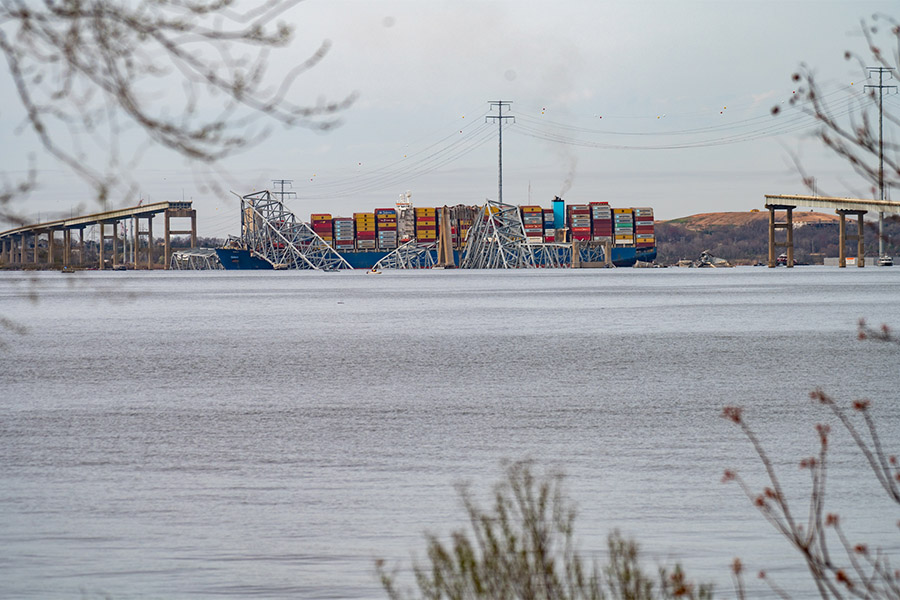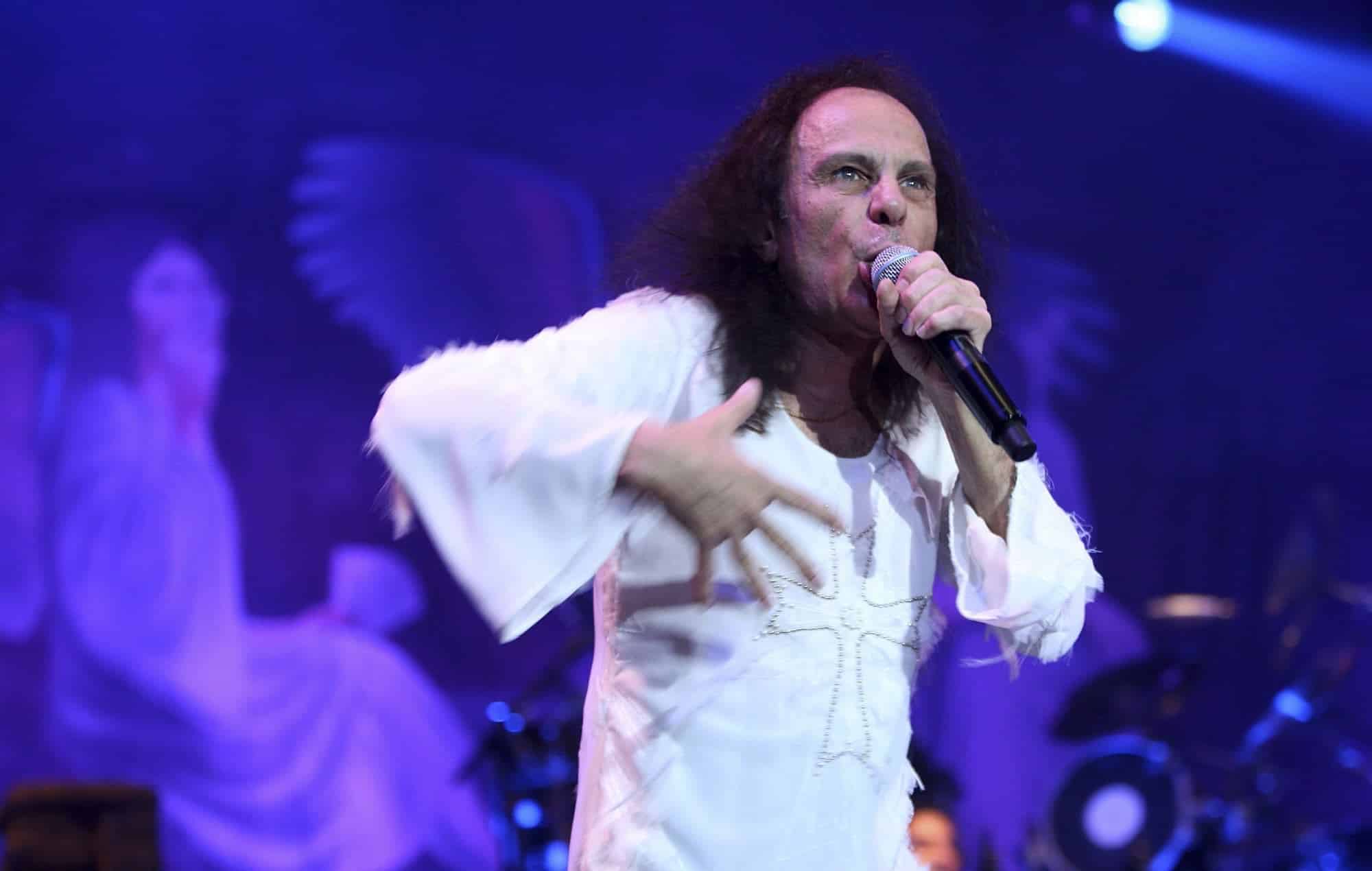“The Bridge is Love” – Catholic Review

Throughout my life I have had recurring dreams of crawling across bridges that were either so low that foaming water would splash over them, or so high that a fall would mean certain death.
Only once did I dream of being in a car that was driving up to a precipice overlooking a huge body of water. But there was no bridge. So I pulled over to the side of the road. To my amazement, five other cars passed by and did not hesitate to drive straight over the bridge, which was apparently invisible.
I am convinced that this dream was about faith, about trusting in the presence of God, even if invisible, and in His provision for my future life.
When I heard of the collapse of the Francis Scott Key Bridge here in Baltimore on March 26, I was reminded of my dreams of those bridges over troubled water. I also tormented myself with images of what six bridge workers probably endured before succumbing to death in the murky Patapsco River.
Why this bridge? Why these workers from Guatemala, Honduras, El Salvador and Mexico?
Perhaps we cannot resist trying to make sense of it all, much like Thornton Wilder’s fictional character Brother Juniper in his 1927 Pulitzer Prize-winning novel The Bridge at San Luis Rey.
The traveling monk was so fascinated by the 1714 collapse of the 1,000-year-old bridge, the most beautiful in Peru, that he spent the next six years taking detailed notes while studying the lives of five victims who were crossing the bridge when it collapsed, seeking to find meaning in their deaths.
But Brother Juniper never found the answers he was looking for. Worse still, his book was declared heretical and burned in the square – along with him!
Only God knows exactly why things happen. For our part, we will always have the privilege of offering comfort to those who mourn great losses or even the loss of their livelihood.
Here I offer food for thought from William Kent Krueger’s award-winning novel Ordinary Grace. It is an extraordinary coming-of-age story, irrevocably influenced by the death of a gifted 18-year-old young woman whose body was found in a river by a younger brother.
Her father, the town’s highly respected pastor, had to deal not only with the murder of his daughter, but also with the contempt of his wife, who left him because he had once trusted her too much to trust in God.
He said to his packed congregation:
“It’s not Easter, … but this week has made me think a lot about the Easter story. Not about the glorious resurrection … but about the darkness that came before it. …
“I confess that I too cried out to God: ‘Why have you forsaken me?’…
“When we feel abandoned, alone and lost, what do we have left? …
“Three great blessings: … faith, hope, and love. God has given us these gifts, which are the foundation of eternity, … so that we have complete control over them.
“Even in the darkest night, we have the power to hold on to faith. We can still have hope. And even though we may feel unloved ourselves, we can hold on to our love for others and for God. …
“God has given us these gifts and he is not taking them back. It is we who choose to throw them away.”
Faith. Hope. Love. These are truly our bridges to eternity.
On the subject of love, Wilder concluded: “Soon we shall die, and all memory of these five will have left the earth, and we ourselves shall be loved for a while and then forgotten.”
“But love will have been enough; all these impulses of love return to the love that gave birth to them. Not even memories are necessary for love. There is a land of the living and a land of the dead, and the bridge is love, the only survival, the only meaning.”
Read more comments
Copyright © 2024 Catholic Review Media
 Press
Press



